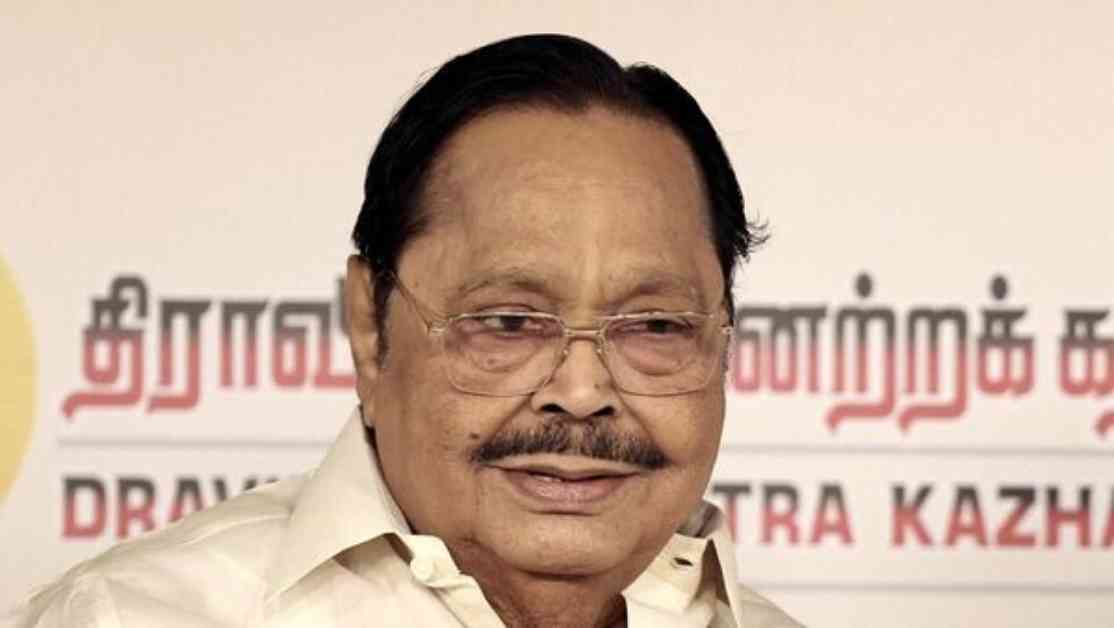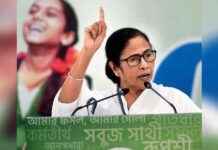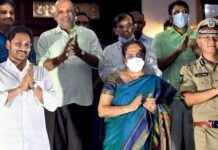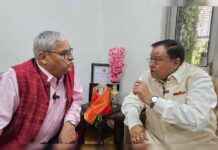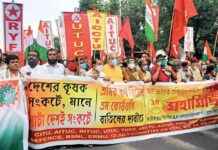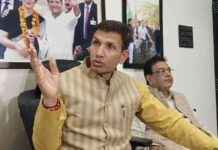Tamil Nadu Minister Sparks Controversy Over Women Having Multiple Husbands
In a recent public address, Tamil Nadu minister Durai Murugan stirred controversy by suggesting that North India has a cultural tradition allowing women to have multiple husbands. Drawing a parallel to the character of Draupadi from the ancient Indian epic Mahabharata, Murugan’s remarks have ignited a debate on regional customs and societal norms.
The minister’s comments have emerged amidst a broader conflict between the Central government and the administration in Tamil Nadu regarding the implementation of the three-language formula under the National Education Policy (NEP). As tensions continue to simmer, the ruling Dravida Munnetra Kazhagam (DMK)-led government in Tamil Nadu has made a symbolic gesture by replacing the Devanagari rupee symbol ‘Rs’ with a Tamil letter in the upcoming budget logo for 2025-26.
Controversial Statement on Cultural Practices
During his speech, Durai Murugan expressed contrasting views on marriage practices in different parts of India. He highlighted that while the traditional norm in Tamil Nadu is for a man to marry only one woman, North Indian customs may allow for women to have multiple husbands. Citing instances where a woman could be married to five or even ten men, Murugan pointed out the dynamic nature of relationships in various regions.
The reference to Draupadi, a central figure in the Mahabharata who is said to have been married to five brothers, added a historical context to Murugan’s argument. By drawing parallels between mythological narratives and contemporary social realities, the minister’s remarks underscored the diversity of cultural practices within the country.
While the video of Murugan’s speech went viral on social media, it is essential to note that independent verification of the developments is pending. The nuanced discussion of cultural norms and gender dynamics in India has sparked a broader conversation on the intersection of tradition and modernity in society.
Political Tensions and Symbolic Gestures
The debate over cultural traditions has coincided with the political showdown between the DMK-led government in Tamil Nadu and the BJP at the Centre. The decision to replace the Devanagari rupee symbol with a Tamil letter in the budget logo for the upcoming fiscal year has been met with criticism from opposition parties, particularly the BJP.
The alteration in the budget logo, along with the caption “everything for all,” reflects the DMK’s vision of inclusive governance. However, the move has been met with resistance, with the BJP accusing the state government of undermining a symbol that holds national significance.
In response to the controversy, K Annamalai, the BJP Tamil Nadu chief, questioned the wisdom of the decision and criticized the ruling party’s actions. By highlighting the background of the designer of the original rupee symbol, Annamalai sought to emphasize the broader implications of the symbolic change in the budget logo.
As the political rhetoric intensifies and the cultural discourse evolves, the underlying tensions between regional identities and national unity come to the forefront. The clash of ideologies and interpretations underscores the complex tapestry of India’s socio-political landscape, where tradition and progress intersect in dynamic ways.
The evolving narrative surrounding cultural practices and political symbolism reflects the intricate interplay of history, identity, and governance in contemporary India. As stakeholders navigate the terrain of tradition and innovation, the dialogue spurred by Durai Murugan’s controversial statements serves as a catalyst for deeper reflections on the diverse fabric of Indian society.
